

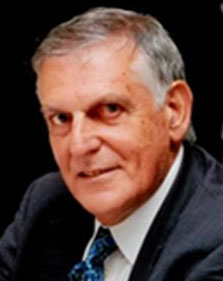
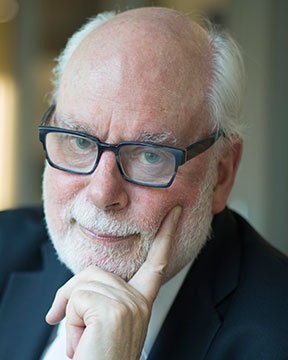
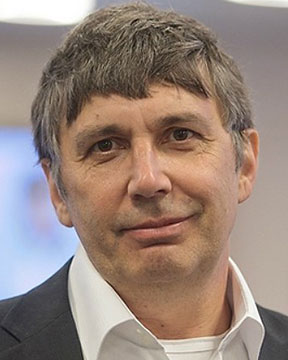
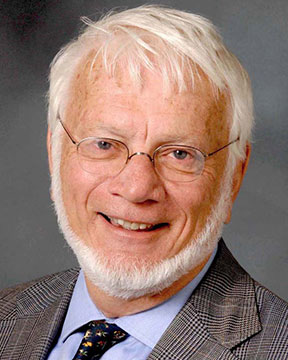


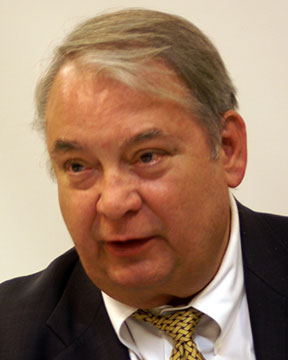











 |
Christina LekkaUniversity of IoanninaOn The Computational Design Of Ti- And Fe-based Advanced Materials For Biomedical Applications Zehetbauer International Symposium on Science of Intelligent and Sustainable Advanced Materials (4th Intl. Symp. on Science of Intelligent and Sustainable Advanced Materials (SISAM)) Back to Plenary Lectures » |
Abstract:Environmentally friendly, biocompatible, and sustainable materials such as Ti-based alloys and Fe-based nanoclusters or coatings are currently under investigation pointing at specific technological demands, thus being promising as non-toxic implants, drug deliverers, and innovative nano-robotic platforms. This lecture presents computational studies on Ti-based and Fe-based metallic and metallic-hybridic materials, aiming to reveal the electronic origin of the structural, magnetic, and mechanical properties, for the design of materials with predefined properties suitable for new technological applications. The calculations cover different scales, from 'first principles' up to large-scale semi-empirical simulations, always comparing with available experimental data. <br />As a first example, ab-initio results reveal the electronic rules for the Ti bcc instability that are related to the electronic band structure characteristics along the phonon critical directions and the electronic occupation at the Fermi level. In Ti-based alloys, Nb composition, phase coordination number, and sp dopants enrich these electronic rules. The mechanical stability conditions and the elastic constants predict the TiNb bcc stabilization only for Nb-rich compositions while the directional Youngs modulus along [100] turns out to be smaller than that of bone (about 30 GPa) which makes these compositions most suitable for non-toxic orthopedic implants. This work was supported by the BioTiNet ITN (No. 264635) FP7 Marie Curie project.<br />The Fe-based nanoclusters and thin coatings with non-magnetic (Cu) or magnetic (Co) substitutions, the Fe surface/edge atoms with Cu first neighbors exhibit the highest magnetic moment of 3.6μ<sub>B</sub> ( Fe bcc has 2.1μ<sub>B</sub>) for the smallest icosahedral. This moment smoothly decays towards thin film and bulk shape as the size of the cluster increases. Although the Fe-Cu clusters show higher local Fe moment, the average is always highest for the Fe and Fe-Co clusters, due to the difference of d Fe spin up-down electron occupation. These results, supported by SELECTA (No. 642642) H2020-MSCA-ITN-2014 project, could be a basis for the design of environmental sustainable smart alloys with superior magnetic properties. |
|